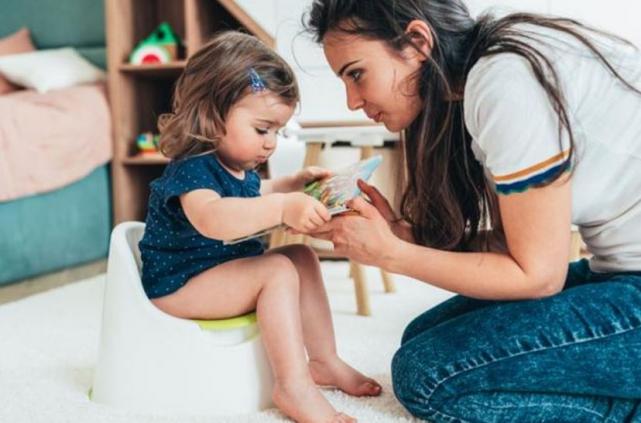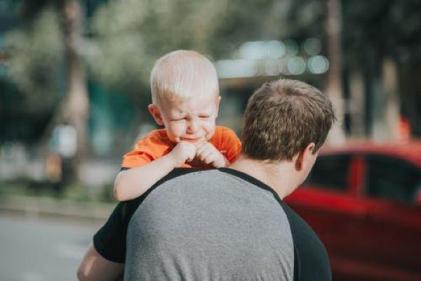They’ve been starting to tell you they need to go or have begun to fidget in that tell-tale way – but is my child really ready to potty train?
This can be a difficult question to answer. Every child is different so there is no universal sign that they are ready to try. This is a new concept to your child, so if you do decide to start it’s best to take it slowly. Let your child set the pace and be patient, even though it can be a frustrating experience – frustration gets nobody anywhere.
When they are physically ready, children will be able to control their bladder and bowels. Most children, however, can control their bowels before they gain control of their bladder.
by age 1, most babies have stopped doing poos at night
by age 2, some children will be dry during the day, but this is still quite early
by age 3, 9 out of 10 children are dry most days – even then, all children have the odd accident, especially when they're excited, upset or absorbed in something else
by age 4, most children are reliably dry during the day
Staying dry throughout the night, however, is a different story. This is something that can take a little longer to learn and it’s okay if there are still accidents happening between 3 and 5. 1 in 5 children aged 5 sometimes wet the bed.
When to start potty training
It is important to bear in mind that this cannot be forced. Even if you feel it’s time for them to start training, if they don’t feel ready, they will not use it. Forcing them will only put pressure on the situation. It will come in time and with encouragement.
Most parents usually begin to think about potty training when the child is between 2 and 2 and a half and tend to start in the summer. This is just for pure convenience. The child will be wearing fewer layers in the summer and it’s easier to get more clothes washed and dried faster.
The key to potty training is routine. If there are any major changes coming your family’s way in the next couple of months, like a new baby or moving house, right now might not be the best time to start this training. Consistency is important so as not to confuse the child while learning the process.
Some of the signs your child is ready to develop their bladder control:
- they know when they've got a wet or dirty nappy
- they get to know when they're peeing and may tell you they're doing it
- the gap between wetting is at least an hour (if it's less, potty training may fail, and at the very least will be extremely hard work for you)
- they show they need to pee by fidgeting or going somewhere quiet or hidden
- they know when they need to pee and may say so in advance
If you wait until the point where they tell you they need to pee – not that they are currently doing it - potty training may be faster. Jumping straight in at the first sign – they know they’ve got a dirty nappy – means your potty training journey may be longer, as their bladder control hasn’t fully developed yet.
Some other signs to watch out for are when they:
- can stay dry for 2 hours
- ask to be changed
- ask to use the potty
- have regular poos
- ask to wear underwear
- follow simple instructions, for example, 'do you need to go?'
- can let you know when they need to go
- can pull their pants up and down
- are physically able to sit on a potty themselves and stand up when they’ve finished
Some children may come into the bathroom with you when you go to the toilet. This helps them prepare and understand.
Pre-training tips from the HSE include:
Changing their nappy in the bathroom: Start to change your child's nappy in the bathroom as this will help them link nappy changing with the toilet. You can also encourage them to wash their hands after the nappy change.
Talking to them about toilet training: Tell your child that when they are a big girl or boy they will be able to go to the toilet to do their pee and poo. This gives them the opportunity to share the decision about their toilet training. Read picture books about potty training together.
Involving them in the process: Get your child involved with changing their nappies. Change them standing up and get them to help with their clothing.
Motivating them to learn by rewarding them: It is important to celebrate the small steps with potty training. Rewarding the small moments, like when they get undressed, get dressed or wash their hands, is motivating.
Brought to you by








